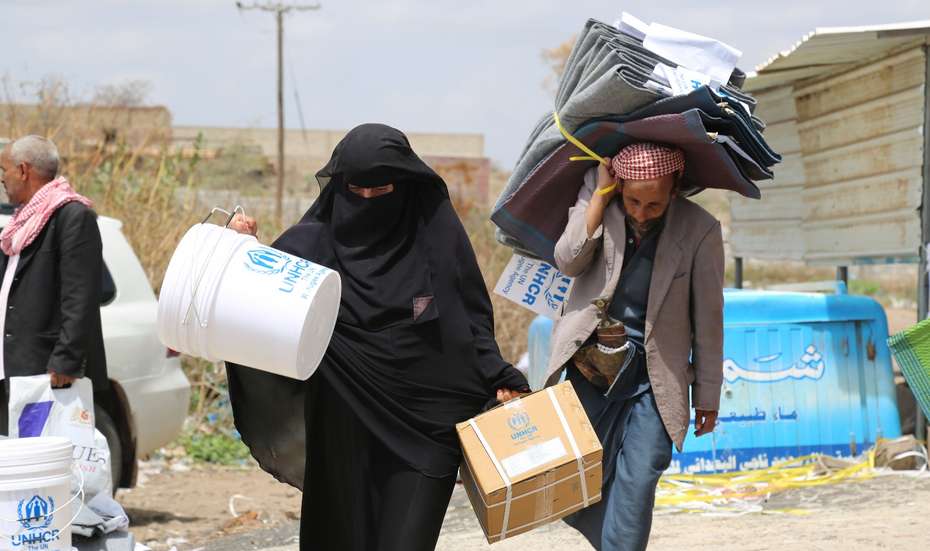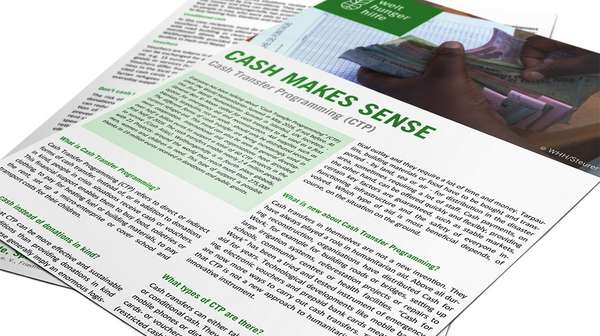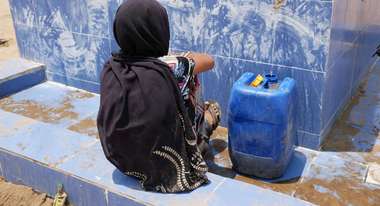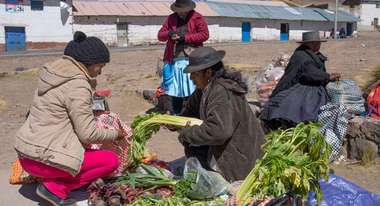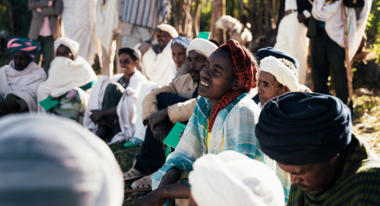Facts about the "Cash Transfer Programming (CTP)"
"Hunger Deliberately used as Weapon"
People in Yemen suffer from the catastrophic consequences of an armed conflict in the country. 7 million are threatened by famine.
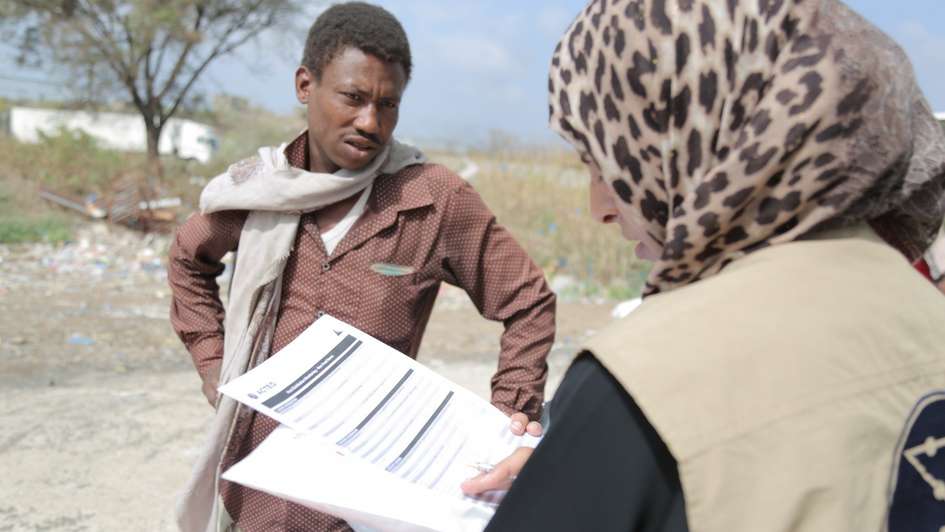
Current events in Yemen are unprecedented. For years, the country has been the stage of a brutal proxy war between neighbouring Saudi Arabia and Iran. The population is suffering from the catastrophic consequences of the armed conflict, which has destroyed the majority of the country’s infrastructure and pushed basic social services to the brink. 20.7 million people are dependent on assistance, and 7 million people are threatened by famine. In November 2017, a three-week-long airport and harbour blockade further exacerbated the dire humanitarian situation because no aid was able to enter the country.
Petrol and food Prices Exploding
Even before the blockade, Yemen was facing the world’s worst famine. The situation has deteriorated since then, as some 90% of the total food supply has to be imported through the harbour by ship. “Most of Yemen's 22 regions, with almost no exceptions, are standing shortly before famines,” says Liny Suharlim, an employee of our partner organisation ACTED.
Fuel supplies, too, are beginning to dwindle, causing petrol and diesel prices to rise explosively. Lack of fuel, in turn, is obstructing drinking water transport and causing food prices to skyrocket. Health facilities can no longer operate the generators that are required to keep important medications cool and clinics supplied with power.

“Hunger is deliberately being used as a weapon by the civil war factions. 150,000 children are in danger of dying if the blockade is not promptly lifted.”
Welthungerhilfe President Bärbel DieckmannUrgently-required humanitarian assistance could not reach people for three weeks. Children in particular are suffering from undernutrition.
No Money to Prevent Famine
By now, several harbours and airports have been reopened, at least for international aid supplies, and the first food and medical supplies have already reached the population. Because reserves have been exhausted and commercial imports are not yet permitted, the population is dependent on the food provided by the UN and by aid organisations.
However, their reserves are dwindling as well: So far, they have only half of the amount necessary to prevent a famine. More help is urgently needed to ward off a famine worse than any the world has experienced in decades.
Welthungerhilfe and its Alliance2015 partner ACTED are helping victims with a cash transfer programme. Cash transfers often have greater and more sustainable effects than material allocations. They can be offered quickly and flexibly and allow beneficiaries to meet their individual basic needs. This guarantees flexibility and the freedom to make decisions even in emergency situations.





